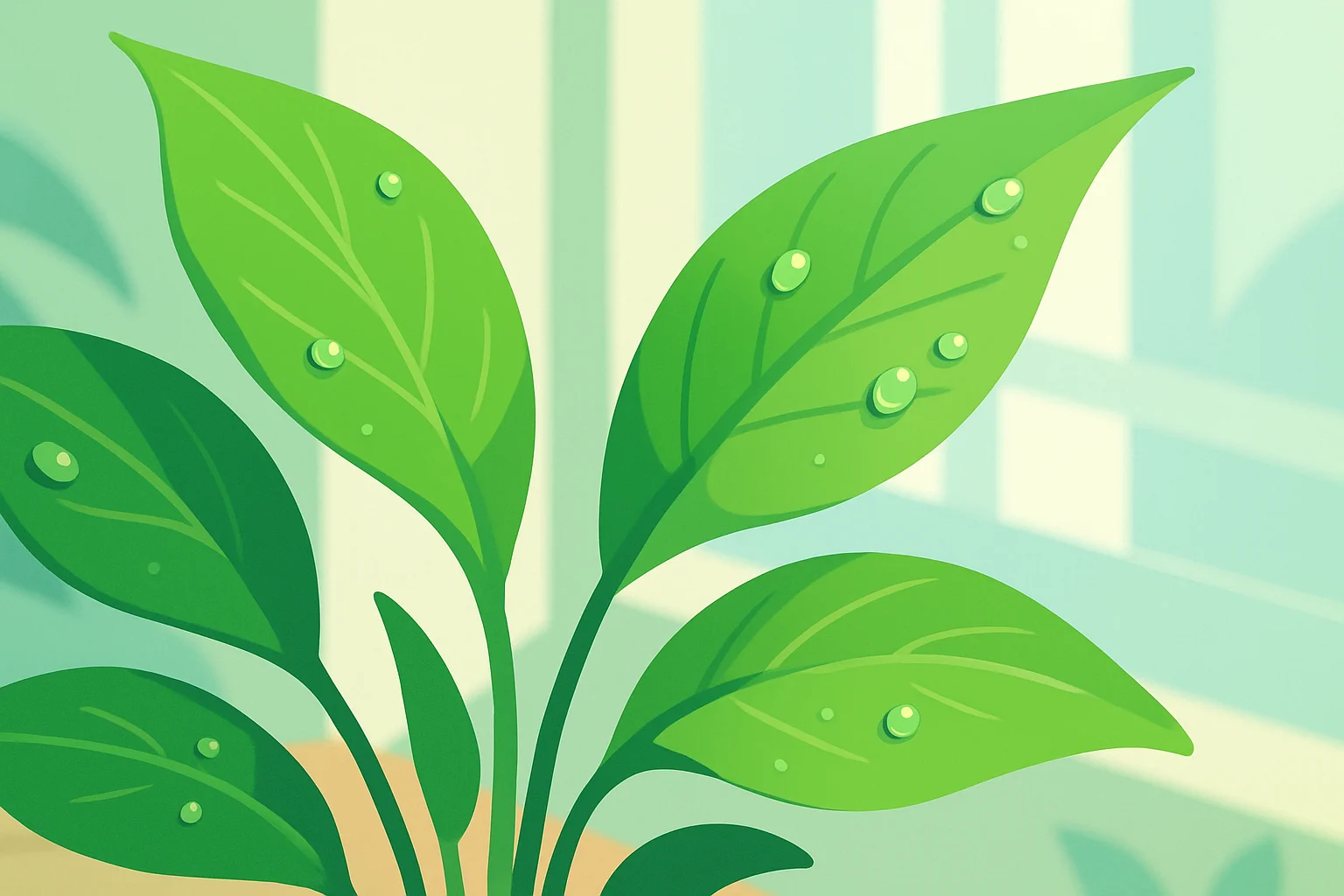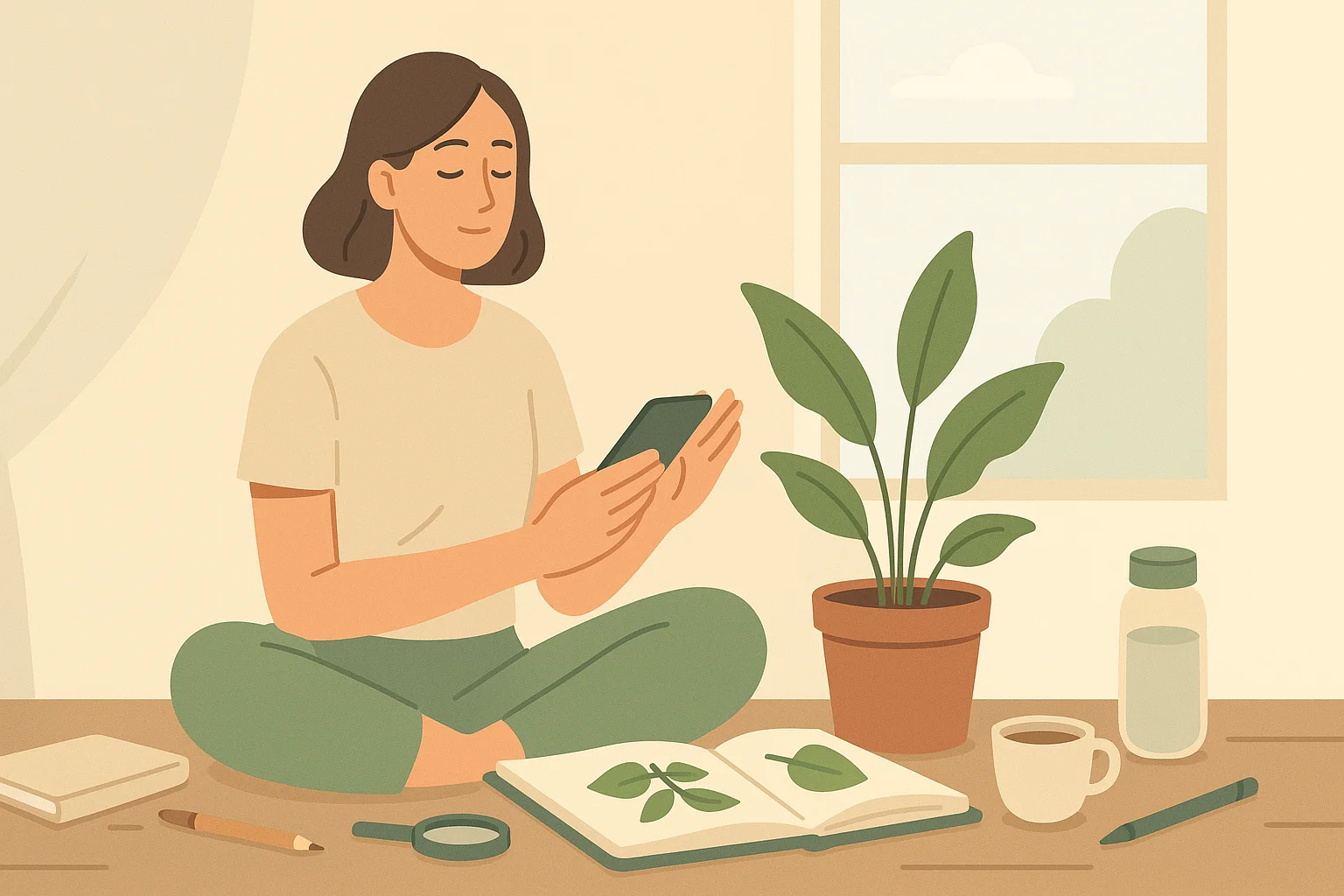Healthy Habits to Bring You Back to Nature
Modern lifestyles often separate people from the natural world, yet research continues to prove that reconnecting with plants and green spaces improves health, focus, and overall life satisfaction. For city residents and busy professionals, rediscovering nature does not necessarily require a forest retreat or a weekend getaway.
Instead, small, consistent habits rooted in botanical hobbies—gardening, learning a new plant name, and mindful observation—can help anyone restore balance and wellness.

Why Nature-Based Habits Matter
Studies in environmental psychology show that interacting with greenery lowers stress hormones, improves mood, and enhances focus. For example, gardening has been linked to reduced anxiety and better cardiovascular health, while exposure to indoor plants has been shown to improve indoor air quality and elevate self-esteem. Even a simple walk in a park or mindful observation of leaves can activate relaxation responses in the brain.
Nature-based habits stand out for three reasons:
Accessibility: Activities such as tending to houseplants or identifying flowers during a walk require minimal resources.
Consistency: Building small but regular habits fosters long-term wellbeing.
Versatility: Botanical hobbies can be adapted to indoor spaces, balconies, community gardens, or parks.
These qualities make reconnecting with nature not only possible but practical for anyone, regardless of lifestyle or location.
Botanical Hobbies That Support Healthy Living
The following activities highlight how simple interactions with plants can strengthen physical and mental wellness while cultivating a sense of accomplishment:
Gardening as Daily Exercise
Gardening has been classified as a moderate cardiovascular activity. Digging, planting, and pruning burn calories while improving circulation. Beyond physical benefits, nurturing plants enhances mood and provides a sense of purpose. For urban dwellers, container or balcony gardening makes this habit achievable with minimal space.
Plant Identification and Study
Learning to recognize plants builds mindfulness and focus. Beginners can use regional guidebooks, nature journals, or digital identification apps to expand their knowledge. The process of identifying plants in a park or backyard sharpens observation skills and adds depth to everyday walks.
Indoor Plant Care
Houseplants provide accessible daily contact with greenery. Watering, trimming, or repositioning plants for better light can transform indoor spaces into small restorative ecosystems. It is a great choice to relax and ground after a long day as well as to make your home more stylish.
Community Gardening
Working in shared green spaces offers both social and emotional benefits. Participants not only cultivate plants but also build connections, share knowledge, and combat feelings of isolation. These gardens serve as hubs for education on sustainability and native plants and enrich communities as a whole.

Digital Tools to Enhance Botanical Wellness
While traditional gardening and plant study remain timeless, digital tools make these hobbies more accessible, structured, and engaging—especially for beginners balancing busy schedules or living in cities. Technology offers instant support for plant care, species identification, and habit-building, ensuring that even small steps toward nature become rewarding.
Popular Plant Identification Apps
Several well-reviewed apps now allow users to identify plants with a quick photo:
PlantNet: Built by researchers, it provides community-verified identifications with an emphasis on global biodiversity.
LeafSnap: Recognized for its detailed image recognition of leaves, flowers, and bark, useful for urban plant explorers.
PictureThis: Combines photo recognition with care advice and has become a household favorite among beginner gardeners.
These apps are convenient, but many users want more functions and want them more personalized and smart. That’s where more advanced options step in.
Why AI Plant Finder Stands Out
Among available digital solutions, AI Plant Finder offers one of the most complete freemium packages for Android and iOS users. Its features don’t stop at just identification. With all its capabilities, this is an all-in-one solutions for all kinds of nature lovers today:
Plant Identification by Photo: Snap or upload images for fast, accurate recognition of over 300,000 plant species.
Diagnosis by Photo: Instantly detect plant diseases, view probable causes, and receive practical treatments.
Expert Care Tips: Access curated recommendations covering watering, pruning, fertilizing, and seasonal care.
My Garden Tool: Track personal plant collections, attach notes, and set reminders for essential tasks.
Water Calculator: Calculates precise watering needs by factoring in plant type, container size, temperature, and humidity.
Light Meter: Uses the phone’s camera to measure illuminance, helping users place plants in optimal locations.
These functions eliminate guesswork and reduce the risk of common mistakes such as overwatering or poor light placement, which are leading causes of plant decline in beginner households.
How Technology Encourages Healthy Habits
By combining scientific accuracy with convenience, digital plant tools encourage users to form sustainable routines:
Consistency through reminders: Regular notifications for watering or rotating plants transform care into a simple daily ritual.
Confidence in learning: Beginners feel empowered when they can identify unknown plants during a park walk or travel adventure.
Motivation through progress tracking: Logging plant growth, noting changes, and recording health diagnoses turn care into a rewarding habit.
With tools like AI Plant Finder, connecting with nature becomes easier for everyone—students, city professionals, retirees, or families with limited outdoor space.
How to Cultivate Healthy Botanical Habits
Forming habits around botanical hobbies is about starting small, being consistent, and letting the natural rewards—like growth, bloom, and a sense of calm—reinforce your efforts. Here are strategies that work:
Start with Achievable Goals
Select low-maintenance plants such as pothos, succulents, or herbs like mint. Their resilience ensures early success, keeping motivation high.
Establish a Routine
Consistency matters more than intensity. Dedicate 10–15 minutes daily for watering, pruning, or simply observing plants. This short ritual reduces stress and builds a steady rhythm.
Engage the Senses
Botanical hobbies are uniquely immersive. Notice textures of leaves, scents of herbs, or colors shifting with the seasons. Sensory engagement promotes mindfulness and grounds you in the present moment.
Track Progress with Digital Support
Use apps like AI Plant Finder to log plant health, set reminders, and record milestones. Monitoring visible progress—like new shoots or flower buds—keeps care rewarding.
Connect with Others
Join gardening clubs, online forums, or local plant swaps. Sharing experiences adds accountability, knowledge, and joy to the journey.
Celebrate Accomplishments
Harvest fresh herbs for cooking, enjoy a flourishing houseplant corner, or frame botanical sketches. Recognizing tangible outcomes boosts self-esteem and strengthens your connection to nature.
Healthy habits rooted in botanical hobbies bring more than greenery—they offer a structured way to reconnect with the natural world, improve mental clarity, and support overall wellbeing. By blending traditional practices like journaling and gardening with digital tools such as AI Plant Finder, anyone can build a lifestyle that’s both mindful and sustainable.
No matter the size of your space or experience, nurturing plants fosters patience, resilience, and appreciation for life’s rhythms. Start small, stay consistent, and let nature do the rest.




